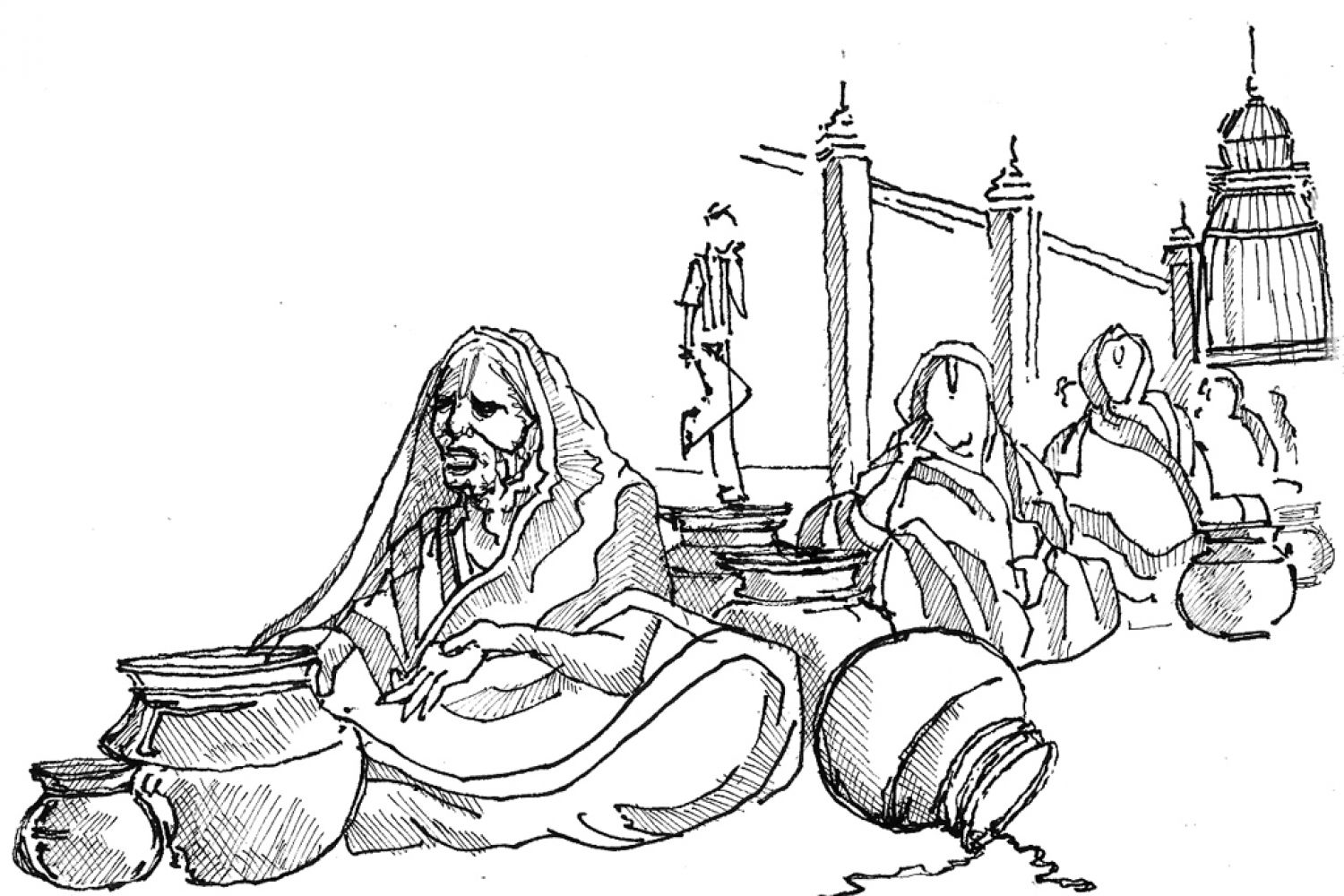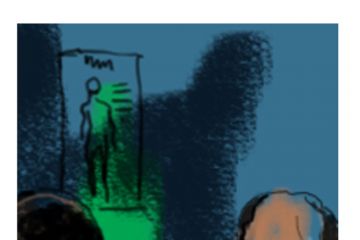
The puddle on that
January morning was cold. The skin on her leg was torn and blood oozed slowly.
Her wrinkled, baton-shaped arms failed her when she tried to get up. She called
for help. There were 50 widows within 50 metres: all busy, caught in a frenzy
to fill water from a borewell in worn-out disposable bottles abusing, pushing,
falling, and kicking each other. Five years ago, 65-year-old Chandralekha came
to Mahila Ashray Sadan in Chaitanya Vihar, Vrindavan, a house for destitute, wido
Continue reading “Gateway to heaven is hell on earth”
Read this story with a subscription.





